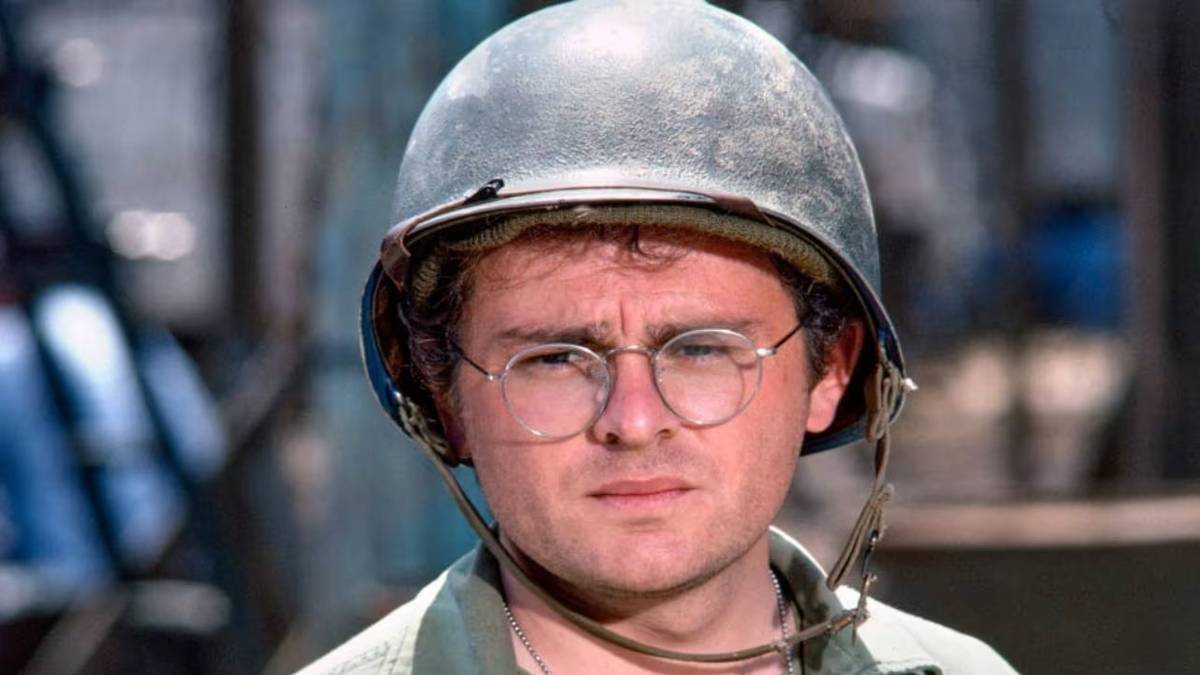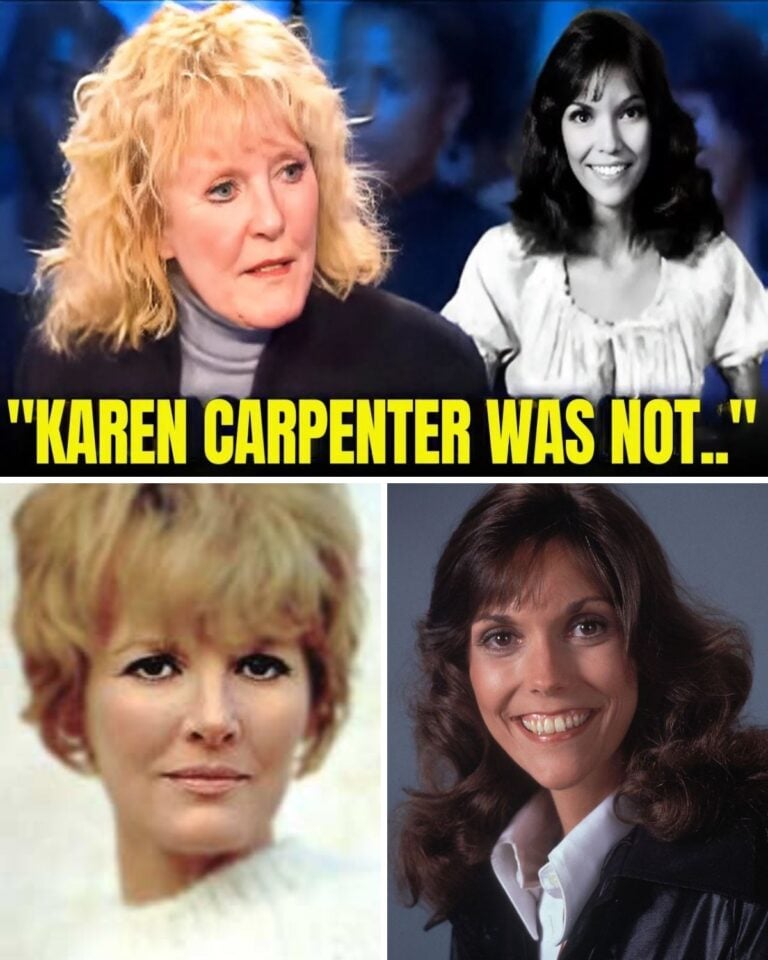In a revelation that has sent shockwaves through Hollywood and shattered the long-held image of harmony behind one of television’s most beloved shows, new details have emerged about the intense behind-the-scenes tensions between Gary Burghoff and his MAS*H castmates. For decades, whispers circulated about Burghoff’s departure, but now, a clearer and far more dramatic picture has come to light — one filled with exhaustion, emotional strain, and quiet resentment simmering beneath the laughter.

Gary Burghoff, the actor immortalized as the gentle and boyish Radar O’Reilly, first captured hearts in Robert Altman’s 1970 film MASH* before reprising his role for the television adaptation that debuted in 1972. At first, his innocence and comedic timing made him the soul of the series — a symbol of hope and humanity amid chaos. But as the seasons wore on, Burghoff’s experience turned from joy to torment. The character that had once been his breakout became his prison. While his co-stars evolved, taking on deeper, more complex storylines, Radar remained perpetually young and naive — a role that, according to insiders, left Burghoff feeling trapped, typecast, and suffocated.
Behind the scenes, Burghoff’s perfectionism and emotional sensitivity often clashed with the show’s demanding pace. Sources close to the production recall growing tension, particularly between Burghoff and Wayne Rogers, who played Trapper John. What began as friendly collaboration slowly disintegrated into confrontation. One explosive argument on set reportedly halted production for hours, leaving the cast and crew stunned. Though the incident was hushed up at the time, it marked the beginning of an irreparable rift between the two actors.
As the series delved deeper into darker, politically charged themes, Burghoff’s role began to fade, and his isolation deepened. Co-stars have described how he would retreat between scenes, quietly sketching or tapping out rhythms on a drum — a coping mechanism for the pressure and emotional fatigue. The long shooting days and relentless expectations only intensified his burnout, leading to mood swings and bouts of frustration that alienated him further from the rest of the cast.

The breaking point came in 1979, during the filming of the two-part episode “Goodbye, Radar.” Determined to make his farewell meaningful, Burghoff insisted on a more dramatic, emotional exit. But this vision clashed with that of director Charles S. Dubin, who wanted something understated and reflective. Their disagreement turned tense, with Dubin later recalling how Burghoff “took everything personally.” The confrontation left the actor humiliated and drained, but the result — Radar’s quiet, heartbreaking goodbye — became one of the most unforgettable moments in television history.
When the episode aired, critics praised the performance, but rumors quickly spread that Burghoff had been “difficult” to work with. The reality, however, was far more tragic: he was a man worn thin by fame, longing for creative freedom and a life outside the glare of the spotlight. Co-stars Loretta Swit and Jamie Farr later defended him, describing his exit not as abandonment but as an act of self-preservation.

In the years since, Burghoff has chosen a quieter path — dedicating himself to art, nature, and humanitarian work. He rarely speaks about his time on MASH*, yet the echoes of his struggle remain. His story is no longer one of bitterness or hatred, but of vulnerability — a reminder that behind every beloved TV character lies a human being facing immense personal battles.
As fans revisit MASH* today, the revelation of Burghoff’s hidden pain and professional conflict adds a new layer to the show’s legacy. It’s a powerful reminder that even in the world of television magic, the weight of perfection, pressure, and identity can leave lasting scars. And as the curtain finally lifts on Gary Burghoff’s silent war behind the scenes, the truth becomes clear: his departure wasn’t an act of rebellion — it was an act of survival.
https://youtu.be/SKiaiUthRwM





